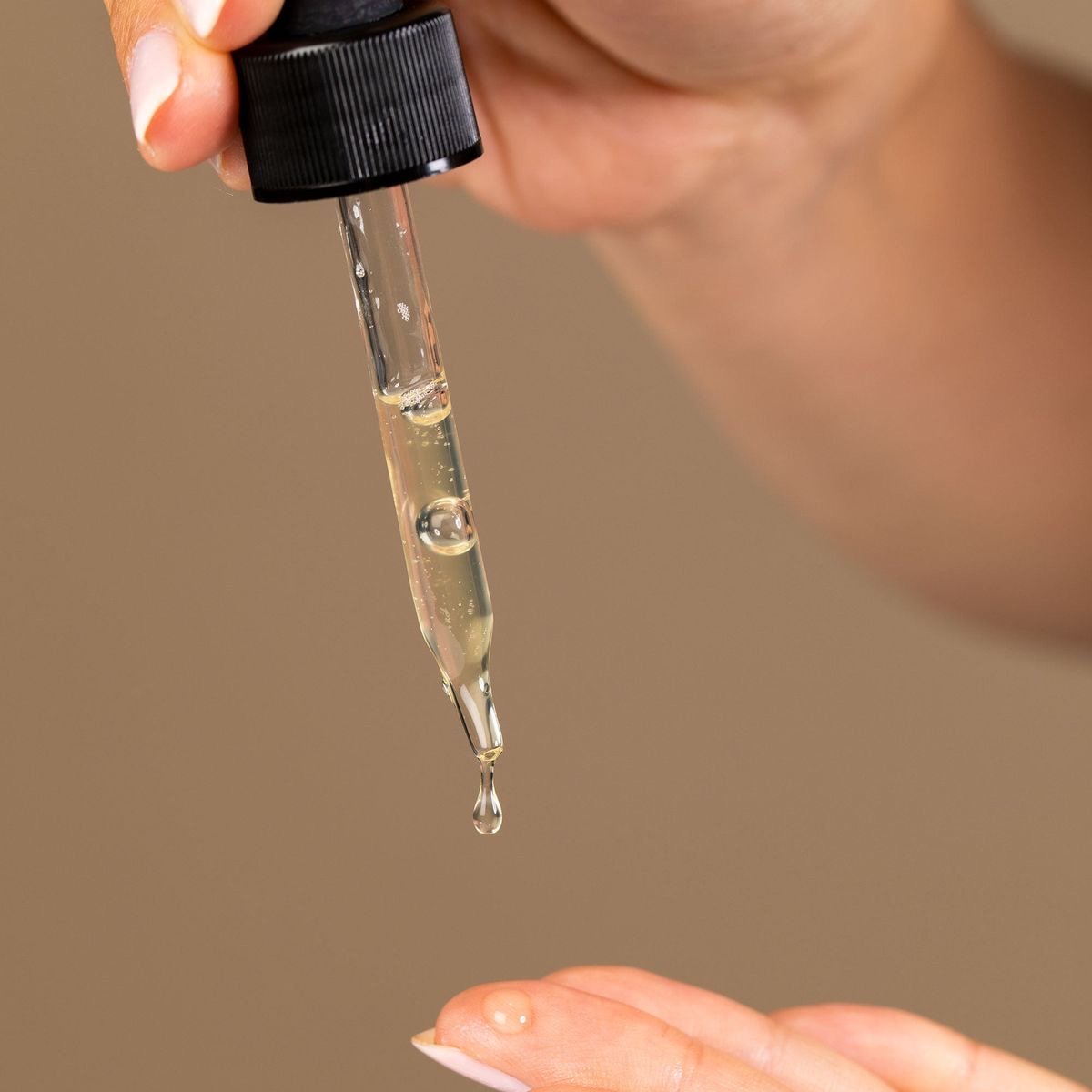
Retinol, a derivative of vitamin A, has garnered significant attention in the skincare world for its remarkable benefits in promoting skin health and combating signs of aging. However, determining whether you should incorporate retinol into your skincare routine requires understanding its advantages, potential side effects, and the appropriate age to start using it.

Why Retinol?
Retinol offers a myriad of benefits for the skin, making it a coveted ingredient in many skincare formulations. One of its primary advantages is its ability to stimulate collagen production, which helps maintain skin elasticity and firmness. As we age, collagen production naturally declines, leading to the development of fine lines, wrinkles, and sagging skin. Retinol works to counteract these effects by promoting collagen synthesis, resulting in smoother, more youthful-looking skin.

Furthermore, retinol is known for its ability to enhance cell turnover, meaning it helps shed dead skin cells and promote the growth of new, healthy cells. This process not only improves skin texture and tone but also helps fade dark spots, hyperpigmentation, and acne scars, resulting in a more radiant complexion.

Another key benefit of retinol is its efficacy in treating acne. By regulating oil production and preventing the formation of clogged pores, retinol can help reduce breakouts and prevent future blemishes, making it a valuable addition to skincare routines for individuals struggling with acne-prone skin.
Should You Be Careful?
While retinol offers numerous benefits, it is essential to approach its use with caution, especially for those with sensitive or reactive skin. Retinol can cause dryness, redness, and irritation, particularly when first incorporating it into your routine or when using higher concentrations. Therefore, it is crucial to start with a lower concentration of retinol and gradually increase frequency and potency as your skin builds tolerance.
When Should You Start Using Retinol?
As for the recommended age to start using retinol in skincare, opinions vary among skincare professionals. Generally, retinol is considered safe for use in individuals in their late twenties to early thirties, as this is typically when signs of aging, such as fine lines and wrinkles, begin to emerge. However, it is important to note that there is no one-size-fits-all approach, and the decision to incorporate retinol into your skincare routine should be based on individual skin concerns, goals, and sensitivity.

For younger individuals without visible signs of aging, focusing on a comprehensive skincare regimen that includes sunscreen, moisturizer, and antioxidants may be sufficient for maintaining skin health and preventing premature aging. As with any skincare product, it is advisable to consult with a dermatologist or skincare professional to determine the most suitable options for your skin type and concerns.

Overall, retinol can be a valuable addition to skincare routines for its ability to promote collagen production, improve skin texture, and treat acne. However, it is essential to use retinol responsibly, starting with lower concentrations and gradually increasing potency to minimize the risk of adverse effects. Ultimately, the decision to incorporate retinol into your skincare regimen should be made based on individual skin needs and in consultation with a skincare professional.







